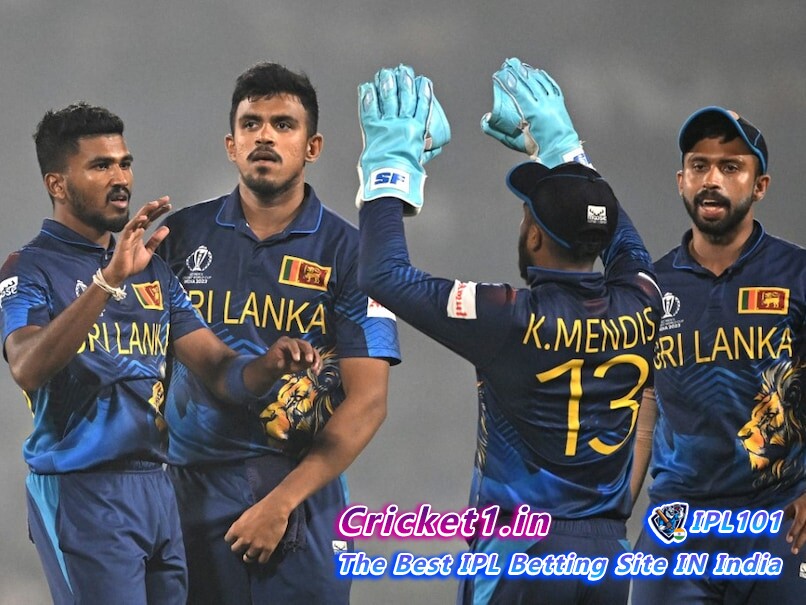
Amidst a backdrop of administrative turmoil and public disappointment, Sri Lanka Cricket (SLC) witnessed a crucial reprieve on the international stage. SLC President Shammi Silva, playing a pivotal role, has successfully persuaded the International Cricket Council (ICC) board members to grant a unique exception for Sri Lanka. This decisive move will allow the nation’s cricket team to remain active in international competitions in spite of a recent suspension administered by the ICC.
Earlier this month, the suspension came as a direct consequence of political conflicts intensifying within Sri Lanka’s sports sector, with Sports Minister Roshan Ranasinghe imposing an interim committee led by Arjun Ranatunga. Additionally, the entire board of SLC was discharged, led by a lamentable performance at the hands of India during the Cricket World Cup. The event saw the Sri Lankan team languishing with only two wins in nine matches, which not only disappointed fans but also meant forfeiting a place at the ICC Champions Trophy 2025.
This significant suspension from the ICC came with immediate and weighty consequences. Not only was the SLC’s funding now diverted to be directly managed by the ICC itself, but also Sri Lanka’s opportunity to host the ICC U19 Men’s Cricket World Cup 2024 dissipated, with South Africa stepping in as the new host.
However, the cricket-loving island refused to let the situation cast a long shadow over its sports aspirations. Amidst the boardroom confrontations and leadership uncertainties, Shammi Silva, determined to salvage the pride of his nation, presented an earnest appeal during the ICC board gathering this Tuesday.
Witnessing the proceedings as an observer, Silva pled for leniency from the board, requesting additional time to ameliorate the government’s transgressions—the political interference that so often spells doom in the realm of international sports governance. But the ICC, firm in its stance against political meddling—which has seen similar penalties imposed by World Rugby and FIFA in the past—held that enough time had elapsed for the Sri Lankan government to resolve its encroachments.
Thus, the grim announcement was made: the ICC board, with a view to upholding the sanctity of the game’s administration, affirmed Sri Lanka Cricket’s suspension. Yet, in a compassionate twist, and in response to Silva’s impassioned representation, the board displayed an unusual measure of clemency. They crafted an exemption that would permit the Sri Lankan cricket team to participate in international bilateral and ICC tournaments despite the omnipresent suspension.
This dispensation has been widely perceived as an effort to uphold the competitive integrity of international cricket while giving a chance to Sri Lanka to address its internal issues without affecting the players and the wider cricketing community.
Sources such as ESPNcricinfo unveiled that the officials of SLC had, in fact, sought this suspension themselves. In a move that seems counterintuitive, it was a strategic push to prompt action from the sports minister, urging Roshan Ranasinghe to revoke his attempt to disband the board in favor of an interim committee—a tactic that now appears to have borne fruit.
This exceptional outcome signals a beacon of hope for cricket in Sri Lanka, allowing the national team to stride onto the field, upholding its competitive spirit while work continues behind the scenes to steady the administrative ship.
As the ICC and the world of cricket continue to adapt and evolve, the case of Sri Lanka’s unique exception will likely be studied and remembered as a testament to the global community’s ability to balance governance with the inherent passion for the sport. It remains to be seen how the future unfolds for Sri Lanka Cricket, but for now, the team remains a valued competitor on the world stage, embodying the resilience and ardor that the game so often invokes in its followers.

